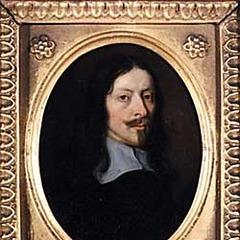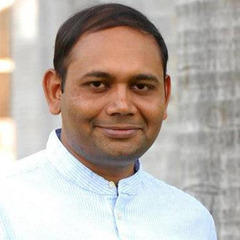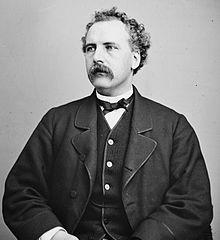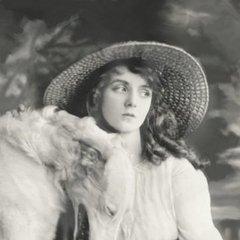Alexander Pope Quotes - Page 18

But those who cannot write, and those who can, All rhyme, and scrawl, and scribble, to a man.
Heaven gave to woman the peculiar grace To spin, to weep, and cully human race.
Let opening roses knotted oaks adorn, And liquid amber drop from every thorn.
In every work regard the writer's end, Since none can compass more than they intend.
Pleasure, or wrong or rightly understood, Our greatest evil, or our greatest good.
To dazzle let the vain design, To raise the thought and touch the heart, be thine!
There still remains to mortify a wit The many-headed monster of the pit.
Nor Fame I slight, nor for her favors call; She comes unlooked for, if she comes at all .
Light quirks of music, broken and uneven,Make the soul dance upon a jig to Heav'n.
Those oft are stratagems which errors seem Nor is it Homer nods, but we that dream.
Others import yet nobler arts from France, Teach kings to fiddle, and make senates dance.
Be niggards of advice on no pretense; For the worst avarice is that of sense.






